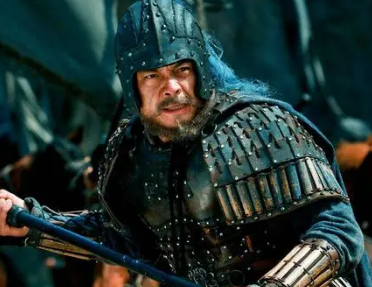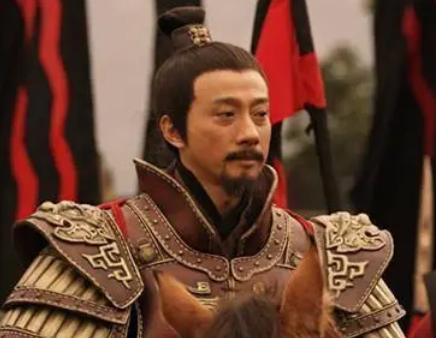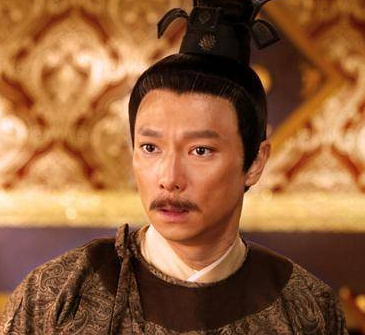The fall of the Yuan Dynasty marked the end of an era in Chinese history, while also ushering in a new chapter for the Mongolians on the historical stage of China. After the collapse of the Yuan Dynasty, the direction of the Mongolians became a historical question. As the founding emperor of the Ming Dynasty, how Zhu Yuanzhang handled these Mongolians was also an important aspect in evaluating his ruling wisdom.

Firstly, after the fall of the Yuan Dynasty, the Mongolians' direction was mainly divided into two parts: some chose to remain in the Central Plains and gradually integrate into the Han society; others returned to the grasslands and continued their nomadic lifestyle. For the Mongolians who remained in the Central Plains, most of them intermarried with the Han people, gradually assimilated, and became a part of the diverse and integrated cultural pattern of the Chinese nation. While the Mongolians who returned to the grasslands continued to maintain their ethnic characteristics and way of life, becoming the main body of the later Mongolian nation.
Secondly, Zhu Yuanzhang adopted a policy of both inclusiveness and vigilance in handling the Mongolians. On one hand, he took an inclusive attitude towards the Mongolians who were willing to submit and accept the rule of the Ming Dynasty, allowing them to reside within the Ming territory and even granting them certain official positions. This policy contributed to stabilizing the border areas and promoting ethnic integration. On the other hand, Zhu Yuanzhang was also wary of the Mongolians, setting up tight military defenses in the border areas to guard against their threats. This dual policy reflected Zhu Yuanzhang's flexibility and pragmatism in handling ethnic issues.
Furthermore, Zhu Yuanzhang also regulated the status and rights of the Mongolians through legislation. For example, he issued a series of decrees clarifying the legal status of the Mongolians in Ming society and safeguarding their basic rights. At the same time, he prohibited the Mongolians from holding military positions of importance to prevent them from gaining excessive military power. These legal measures balanced the utilization and prevention of the Mongolians to a certain extent.
Finally, Zhu Yuanzhang's handling of Mongolian culture also demonstrated his cultural self-confidence. Unlike previous dynasties, he did not completely reject Mongolian culture but instead adopted an attitude of absorbing its essence and discarding its dregs. In the early Ming Dynasty, Mongolian cultural elements such as medicine and music were preserved and developed to a certain extent, which had a positive impact on Chinese society at that time.
In conclusion, after the fall of the Yuan Dynasty, the Mongolians' direction was diverse, with some integrating into the Han society and others returning to the grasslands. Zhu Yuanzhang demonstrated his wisdom and strategy in handling the Mongolians, with policies that were conducive to national stability and ethnic integration while also reflecting respect and inclusiveness for ethnic cultures. These practices provided valuable experience for later ethnic relations and national unity.
Disclaimer: The above content is sourced from the internet and the copyright belongs to the original author. If there is any infringement of your original copyright, please inform us and we will delete the relevant content as soon as possible.
































